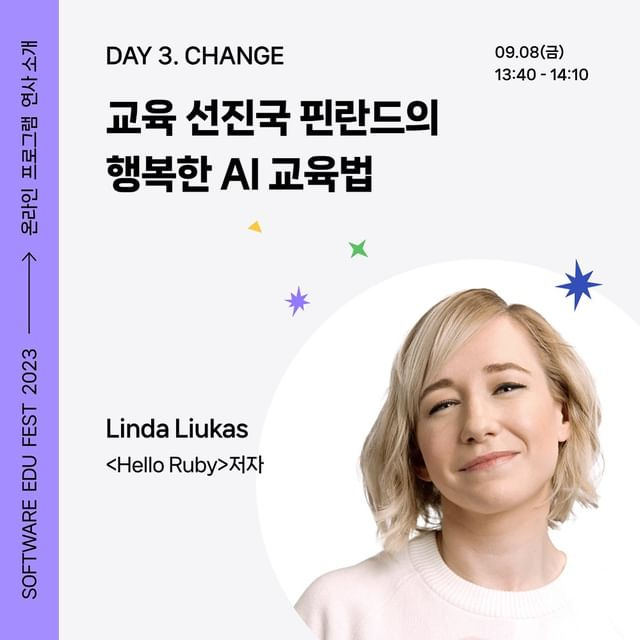No. 59 - La Rentrée ⫶ Grammar of Computers ⫶ Textual knobs and levers
Yearning to return
My name is Linda. I write a bi-weekly newsletter about computer science, childhood, and culture - and there are 9722 of you listening. If you enjoy this issue, please share it with anyone who may find it helpful.
Whenever I leave home, I see a sign with La Rentrée/La Récré (loosely - return to schools/return of recession). The stores in Paris have been screaming La Rentrée for weeks. It's the return to the school year, office life, politics, literary scene, and even our neighborhood boulangerie.
I've also been thinking about other things we return to: plays, poems, paintings, books. Over the summer, I read Ann Patchett's Tom Lake. While I loved a lot about the book, I especially enjoyed how the play Our Town reappears and repeats in the characters' lives. To first know something by heart (I do love the English expression!) and then return to it is such a human thing; there is a sense of stability, love, and care.
From the mighty Kundera: "The Greek word for "return" is nostos. Algos means "suffering." So nostalgia is the suffering caused by an unappeased yearning to return."
But what about returning with delight?
For this rentrée, I wanted to share a video we made a few years back. Think of it as a philosophical expansion to the TED talk, a summary of the topics and themes I keep returning to.
It's called the Grammar of Computers.
Linked List
In computer science, a linked list is a linear collection of data elements whose order is not given by their physical placement in memory. But here it is a selection of things I’ve been reading lately.
TextFX is quite an exciting and intuitive example of a generative AI that behaves like a tool, not a threat. I like how it offers these textual knobs and levers: unfold, simile, alliterate. I almost feel Susan Kare’s spirit thinking about how to make pixel buttons for these for a future UI. Pair with a List of aesthetics for more ideas on generative futures.
Products of Place: Localised Design with AI. I’ve been enjoying maps-based projects lately, and this is no exception. The project locates abundant materials in a specific geography and generates product ideas based on them. Henequen, paper mill waste, coffee grounds...
Everyday Automation Observatory. When the COVID stickers started to appear on streets, storefronts, and public transportation, I immediately realized these wouldn’t disappear as quickly as they appeared. Everyday Automation Observatory is making visible examples of ways automated processes are popping up everywhere. I should keep a diary too.
Classroom
During the summer I recorded a short talk for Naver Connect Foundation in South Korea on AI education and what I’ve learned from writing the fourth Hello Ruby book + experiences watching the curriculum develop in Finland. It’s very much a scratch on the surface, but it was lovely to get a chance to reflect a bit.
SEF2023, the software education festival is happening both online and offline from Wednesday September 6th to Friday September 8th. I’m among the last speakers. You can apply here to be a part of the event. I think the talks will be available online later - there seems to be a few other English talks in the mix I’m looking forward to listening to!


